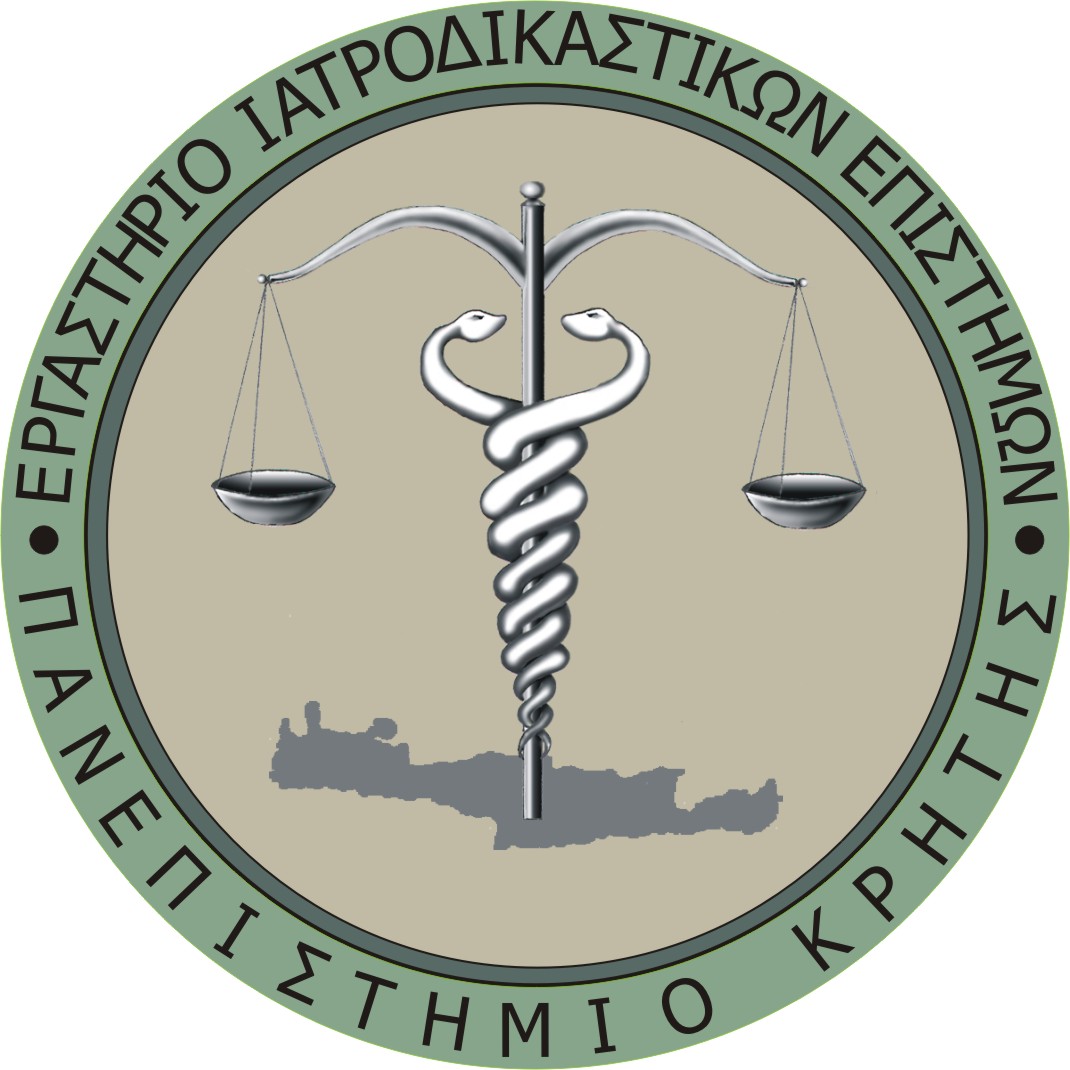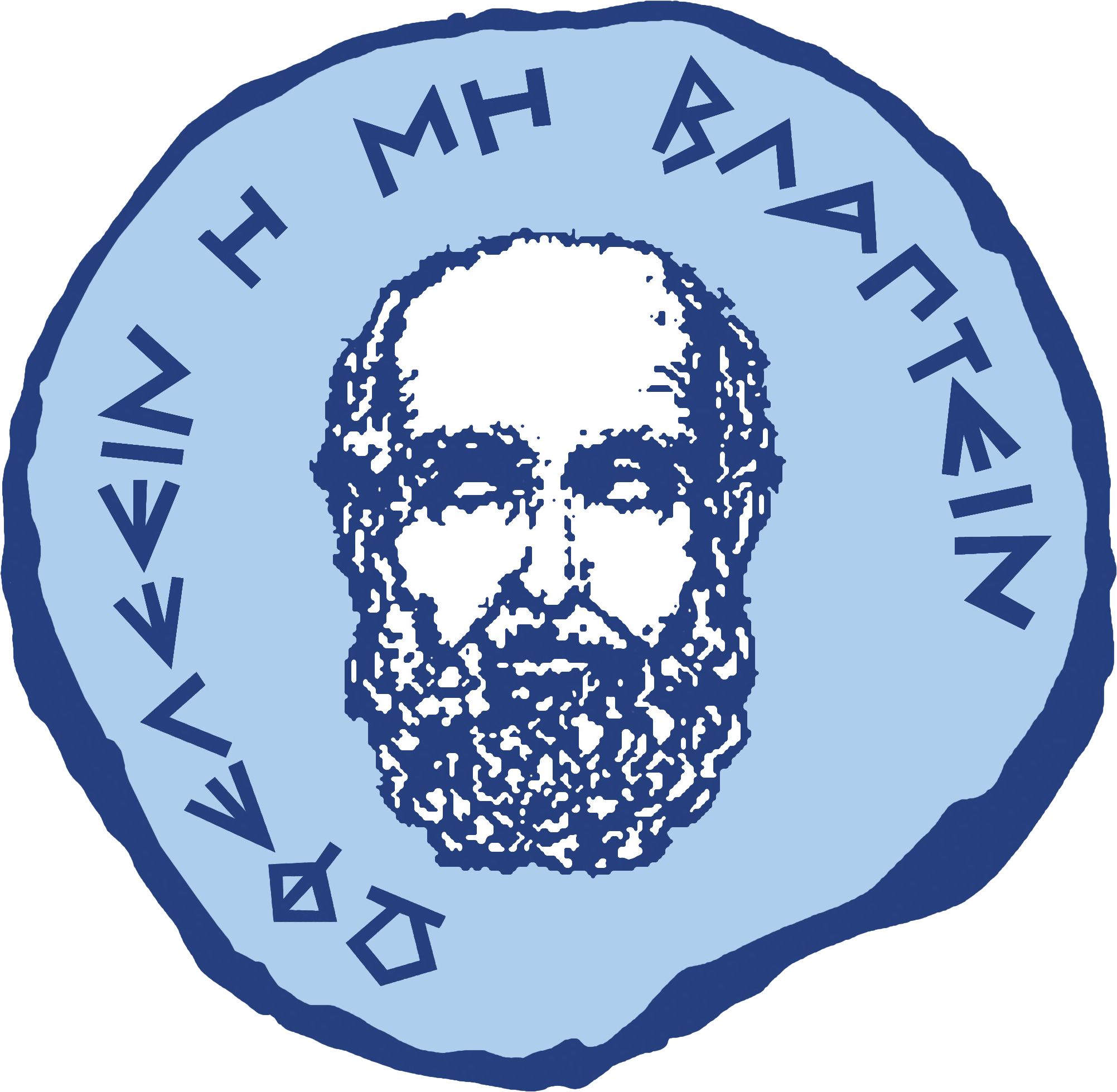news
26 Sept - 1 Oct 2022
the FMU hosts the FASE Basic Course and Symposium for the European Forensic Anthropology Society
28 September 2019
the Unit of forensics organizes th 2nd Forensic Medicine Conference
the FMU hosts the FASE Basic Course and Symposium for the European Forensic Anthropology Society
28 September 2019
the Unit of forensics organizes th 2nd Forensic Medicine Conference
UG Course in Forensic Medicine
11th Semester of Medical CurriculumPurpose
Understanding the subject and methodology of Forensic Medicine and introducing the concept of forensic death investigation to medical students. The course offers the theoretical and practical background of establishing the time, cause and manner of death in a variety of cases. Medical ethics principles and laws applicable to medical practice are also discussed.
Course material
- History and important milestones in the history of forensic medicine.
- Classical textbooks.
- Death certification and its importance.
- The forensic investigation of death and its significance.
- Crime scene investigation.
- Post mortem changes and estimation of time of death.
- External examination and autopsy. Principal autopsy techniques according to National and International Forensic Pathologies Associations of Autopsy Performance Standards.
- Forensic investigation methodology and documentation.
- Forensic microscopy.
- Sudden natural deaths.
- Bone bio-mechanics and its response to force application. Interpretation injuries mechanisms.
- Deaths from blunt force trauma / craniocerebral injuries.
- Deaths from traffic accidents. Reconstruction of traffic accident.
- Deaths from sharp force trauma.
- General principles of ballistics. Ballistic trauma.
- Deaths from thermal injuries, burns, hypothermia.
- Deaths from electric shock and natural causes (eg lightning).
- Deaths in water.
- Mass disasters and personal identification.
- Basic principles and methodology of Forensic Anthropology.
- Domestic violence. Child Abuse and child homicide.
- Asphyxia (Mechanical and Chemical)
- Alcohol.
- Drug abuse and Forensic investigation of drug deaths.
- Methodology and interpretation of post-mortem toxicological tests.
- Common lethal poisonings.
- Medical Liability - Medical Negligence.
Lectures: 30 hours
Laboratory exercises: 30 hours
Lecturers:
E. Kranioti
G. Tzanakakis
Aik. Kanaki
D. Nathena
A. Mauroforou
A. Papadomanolakis
Language of Teaching:
Teaching is mainly done Greek or English in the invited foreign speakers. Students will use Greek and English sources and literature. It is expected that students read and understand reading material in English and be familiar with forensic terminology.
Teaching - Learning Methods
- Lectures: Lectures are designed to encourage the active participation of students in the teaching process. The aim is to strike a balance between presenting the theoretical foundations of forensic medicine and demonstrating the practical application of medical knowledge to forensic problems by discussing actual forensic cases.
- Clinical training: Students have the opportunity to attend autopsies and discuss cases with Forensic Pathologists at the FMU of University General Hospital of Heraklion.
- Specialized labs: Students will have the opportunity to attend specialized labs, such as in Forensic Anthropology and Toxicology (photographs).
Course evaluation is done by written examination provided that the students have attended at least one autopsy and one scheduled lab. Alternatively, in special cases, students can be assessed with an oral examination.




